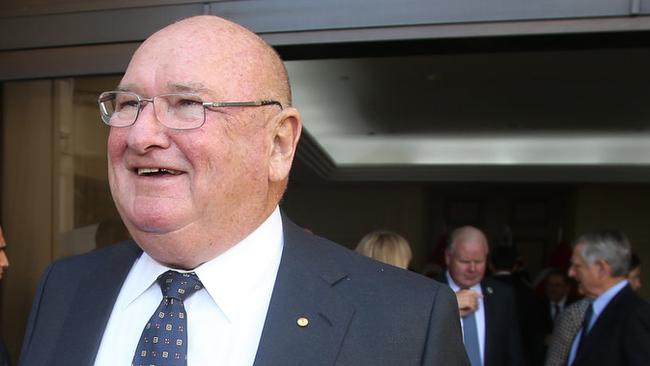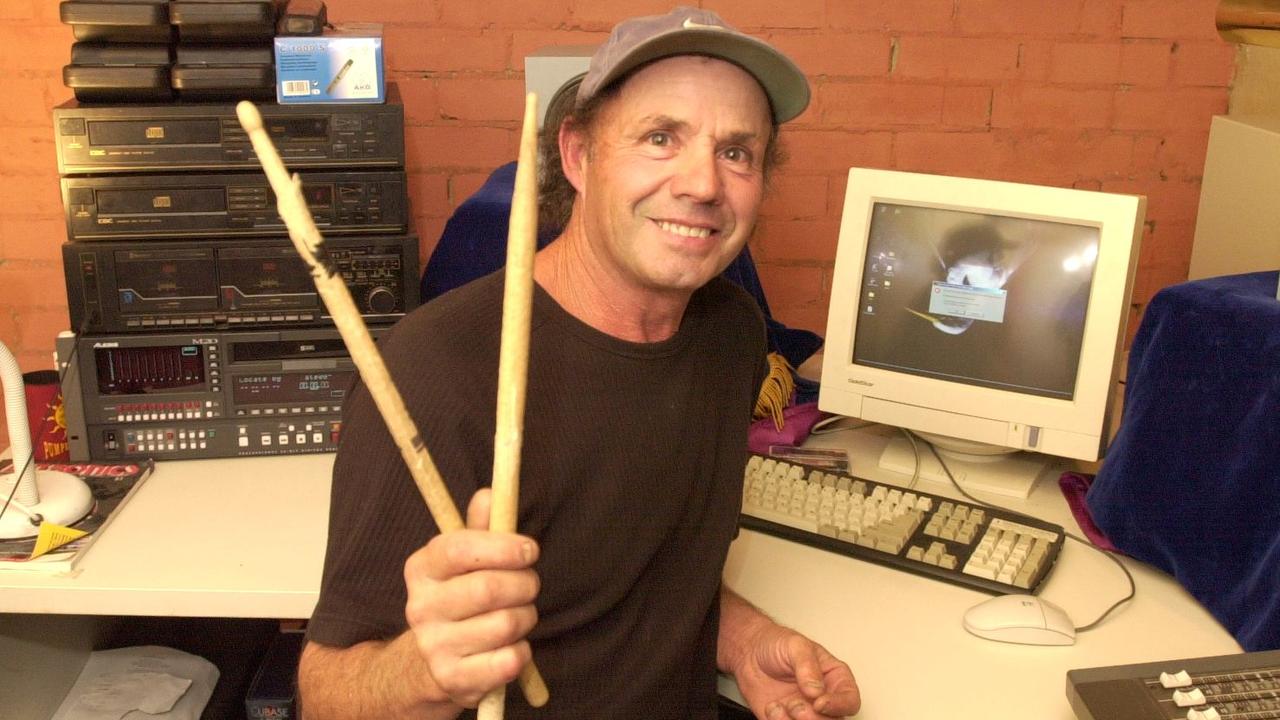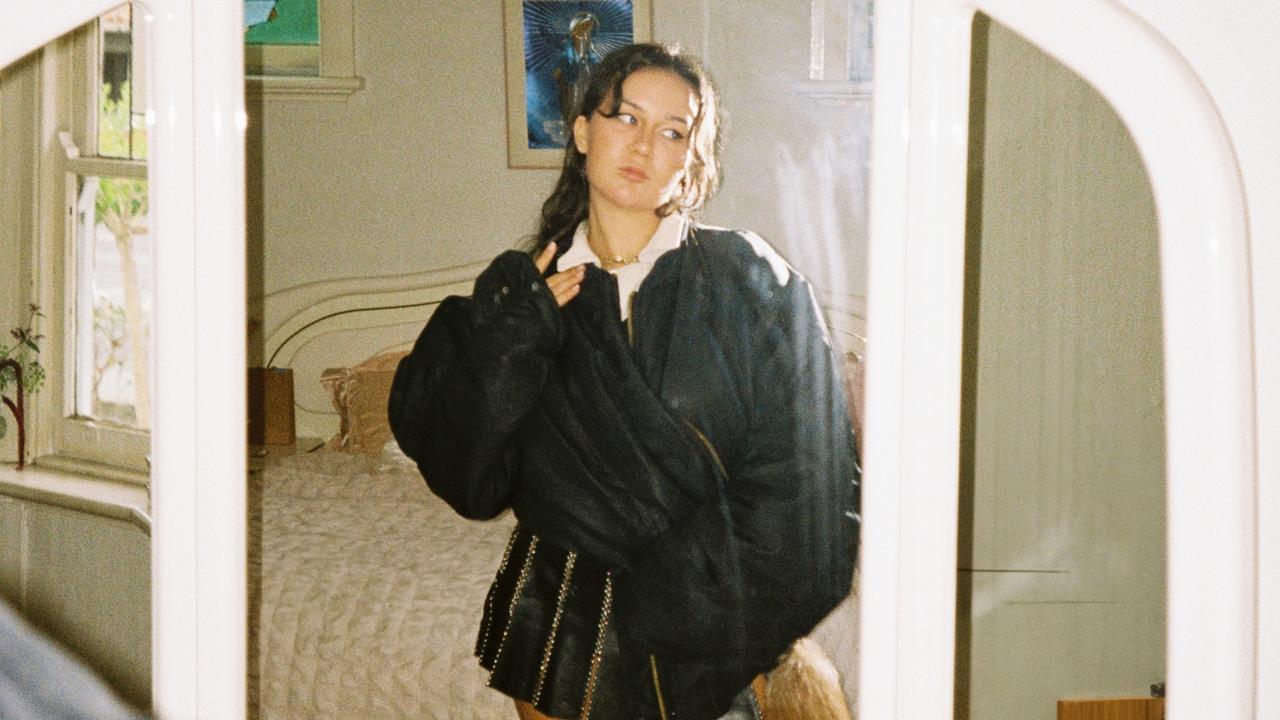SIPCA: Discord for four pianos
There have been some off-key notes at the Sydney International Piano Competition of Australia.

The past two weeks have been a boon for lovers of the piano and those keeping an ear on exciting musical talent. The Sydney International Piano Competition of Australia has been an immersion in piano music and an education about the artistry and demands on concert pianists of the future.
The chamber music rounds concluded last weekend, and starting this evening six finalists will perform two concertos each with the Sydney Symphony Orchestra before the winner is declared on Saturday.
You wonder how many millions of notes will have been played by the competition’s end.
Behind the scenes, though, there have been some off-key ones to do with piano maker Steinway & Sons, whose local distributor is Lindsay Fox’s Exclusive Piano Group. The trucking magnate turned piano dealer is nowhere near the competition; he has been sailing the Mediterranean on his conception cruise. But EPG chief executive Mark O’Connor has been frustrated by a SIPCA rule change that he says led Steinway head office to withdraw from the competition, to his company’s expense.
SIPCA artistic director Piers Lane has delivered an exciting competition and has substantially updated the rules and prize pool. The competition had been run for many years by original donor Claire Dan — the former wife of another transport titan, Peter Abeles — and by long-time artistic director Warren Thomson, who died last year. At the previous contest in 2012, it was clear SIPCA needed an injection of fresh ideas and energy, and Lane has done just that.
Lane, a concert pianist who competed in the first Sydney competition in 1977, came with a brief to ramp up SIPCA’s profile. He has brought on board as artistic patron firebrand Russian conductor Valery Gergiev, who has offered performance opportunities in St Petersburg for top placegetters. Lane also has introduced live video streaming of all competition rounds, with ABC Classic FM’s excellent commentary.
A more contentious change involves the pianos used for the competition. Previously, SIPCA competitors have had their choice of three instruments: Steinway and Japanese brands Yamaha and Kawai. This year Lane has introduced a fourth, the Italian Fazioli piano, and has changed the rules so that competitors are required to perform on different instruments. Those who made it through to the semi-finals have played on all four. Lane made the change to give the contest greater variety, and also to simulate a real-life concert engagement where the pianist may not have their choice of instrument.
Lane’s innovation hasn’t gone down well with everybody. The rule change has upset Steinway, whose grand pianos have long enjoyed prominence in the world’s concert halls.
In previous years, Steinway HQ has sent a representative from Germany, but not this time. Exclusive Piano Group has purchased and imported a Steinway for use in the competition and provided technical support.
“Steinway believes that it’s the dominant piano, it’s the No 1 choice and the preferred piano by many of the competitors,” O’Connor says. “They believe if you want to play (Steinway), you should be allowed to.”
It is the first SIPCA since Fox’s EPG became the national Steinway dealer last year. The deal meant two former Steinway agents, Walter Haass in Perth and Ara Vartoukian from Theme & Variations in Sydney, lost their licence to sell new Steinway pianos.
Vartoukian, a highly regarded piano technician, has long been a familiar face at SIPCA and last year he was the Steinway technician at the International Tchaikovsky Competition in Moscow. Apparently the new Steinway dealers did not require Vartoukian’s services at SIPCA this year, and he has been watching the competition as a more relaxed spectator at Verbrugghen Hall.
Lane says he is grateful to O’Connor and EPG for providing the Steinway for use in the competition. How Fox became the exclusive dealer of prestige grand pianos is a story itself. O’Connor first met Fox in the late 1990s when O’Connor was selling pianos on behalf of Allans Music in Melbourne. One night before Christmas, Fox came into the store after hours to buy four Steinways for his family. O’Connor quoted $480,000 for the four, but Fox countered that he would pay $400,000 if he won the toss of a coin. O’Connor was not going to gamble with his employers’ pianos and successfully sold the Steinways for a square $440 grand.
Fox offered to help set up O’Connor in business and was true to his word. In 2008 they opened Exclusive Piano Group, with the Steinway dealership for Victoria and South Australia. “We wanted to have it Australia-wide, but Steinway were reluctant,” O’Connor says. “They’d never had a national distributor … It took a lot of work, a lot of business plans.”
O’Connor says Fox’s generosity helped seal the deal. He has promised to donate his proceeds from EPG to arts and music charities when the business becomes profitable. O’Connor, who says he has sold $1.5 million worth of Steinways this month, expects to turn a profit by the end of the year.
O’Connor has tried to give Fox piano lessons, but the 79-year-old doesn’t play. Instead he enjoys singalongs around the piano and has on order nine Spirio pianos, a new electronic player-piano made by Steinway.
It is not known whether Fox has been tuning into SIPCA these past two weeks but he surely would be impressed.
The last Australian competitor standing, Tony Lee, performed in the chamber music round last Saturday night but did not make it through to the finals. Battling it out for top honours are six finalists: Kenneth Broberg (US), Moye Chen (China), Andrey Gugnin (Russia), Jianing Kong (China), Oxana Shevchenko (Kazakhstan) and Arseny Tarasevich-Nikolaev (Russia). The finalists have their pick of pianos for the final rounds and it will be interesting to see which ones they choose.
@matthewwestwood


